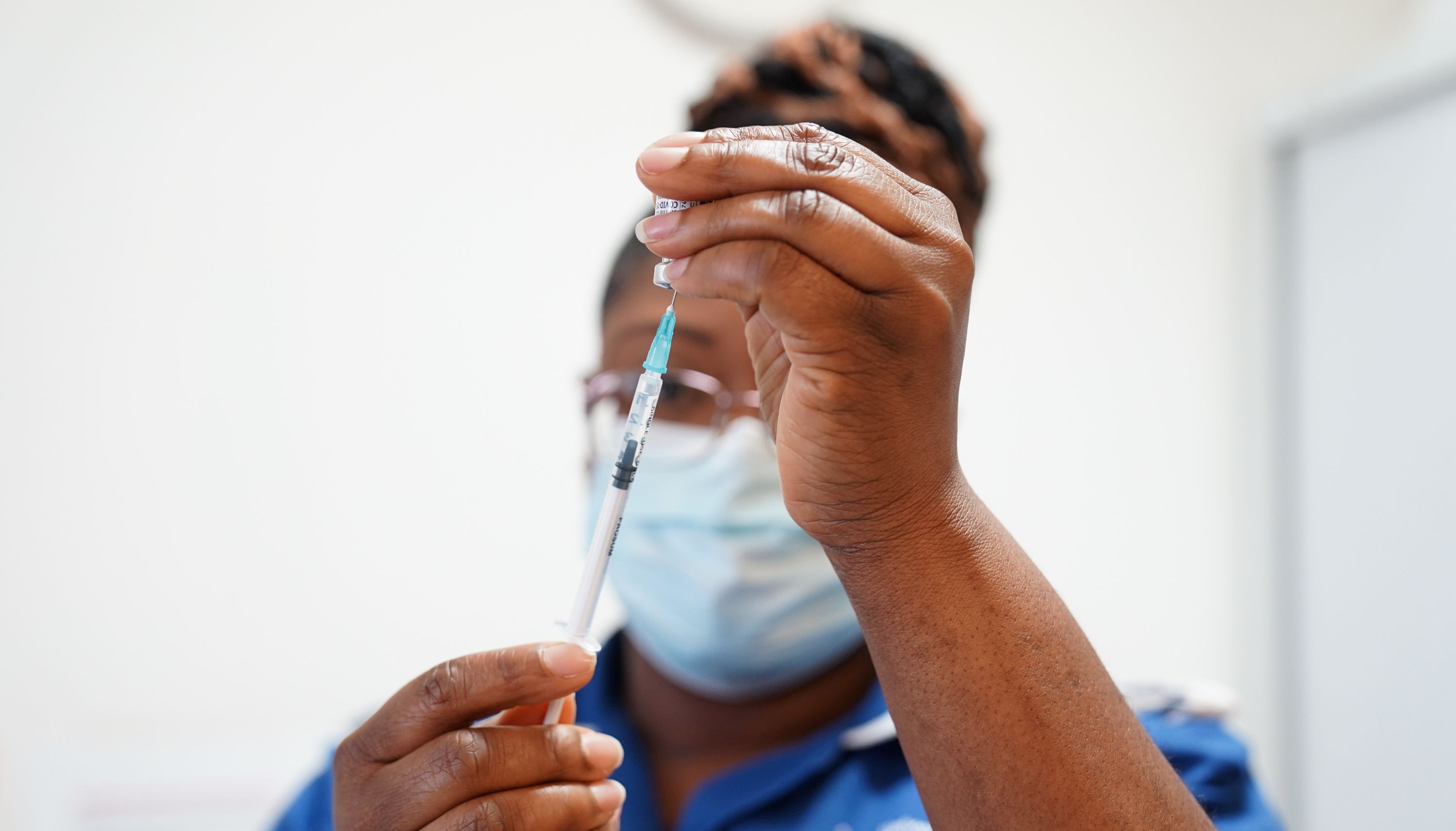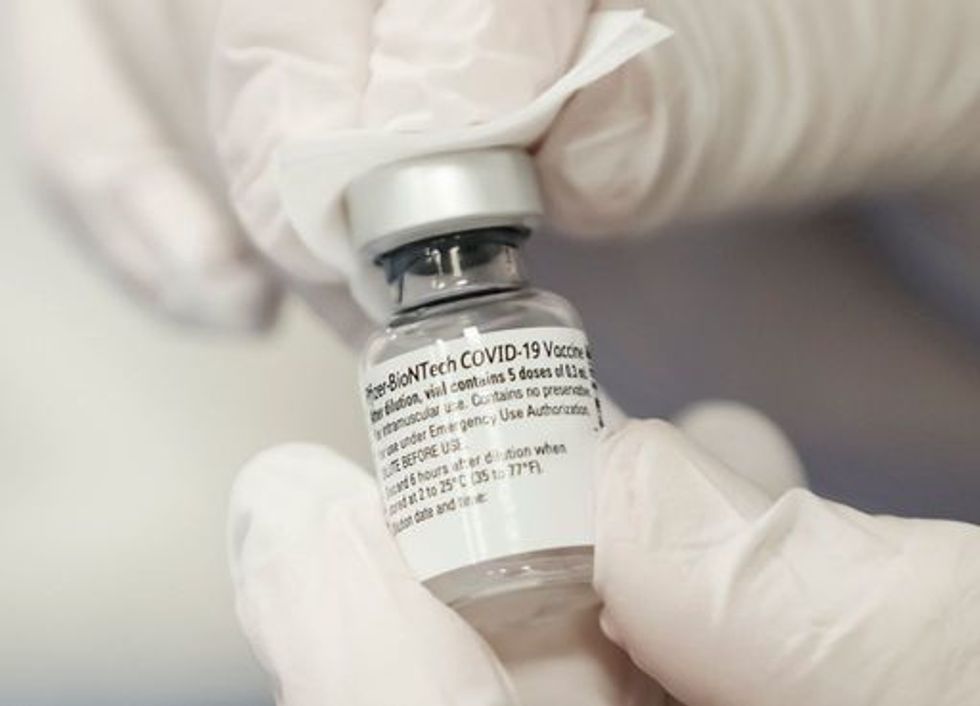Don't Miss
Most Read
Trending on GB News
The risk of death, serious illness and hospitalisation from Covid significantly rises from having a second bout with the virus, regardless of vaccination status, a new study has found.
The findings were drawn from data collected by the US Department of Veteran Affairs from March 1, 2020 through April 6, 2022 on 443,588 patients with one SARS-CoV-2 infection, 40,947 with two or more infections, and 5.3 million non-infected individuals.
Most of the study subjects were male.
Speaking on the findings, Dr. Ziyad Al-Aly of Washington University School of Medicine in St. Louis said: "Reinfection with COVID-19 increases the risk of both acute outcomes and long COVID.
Covid reinfection could pose serious health risks according to the study
Jacob King
"This was evident in unvaccinated, vaccinated and boosted people."
The risk of death rises regardless of vaccination status, a new study has found
Danny Lawson
The report found a doubled risk of death and a tripled threat of hospitalisation for reinfected patients, and also an elevated risk of issues with lungs, heart, blood, kidneys, diabetes, mental health, bones and muscles, and neurological disorders.
"Even if one had prior infection and was vaccinated - meaning they had double immunity from prior infection plus vaccines - they are still susceptible to adverse outcomes upon reinfection," Al-Aly, the study leader, said.
People in the study with repeat infections were more than three times more likely to develop lung problems and three times more likely to develop heart issues.
Subjects were also 60 percent more likely to experience neurological disorders than those who had only been diagnosed with the condition once.
The higher risks were exemplified most in the first month after reinfection but still lingered to a lesser extent six months on, researchers found.
Experts not involved in the study have argued that the study does not reflect the general population.
Patients at the health facilities are generally older, sicker people and often men said John Moore, a professor of microbiology and immunology at Weill Cornell Medical College in New York.













